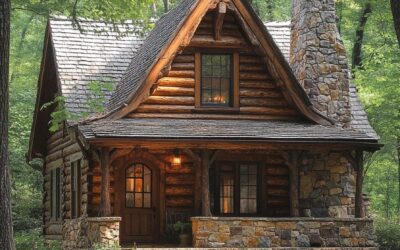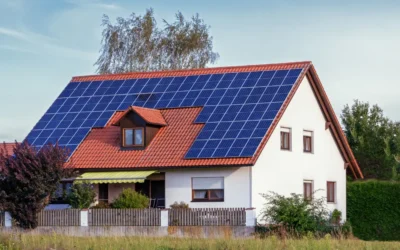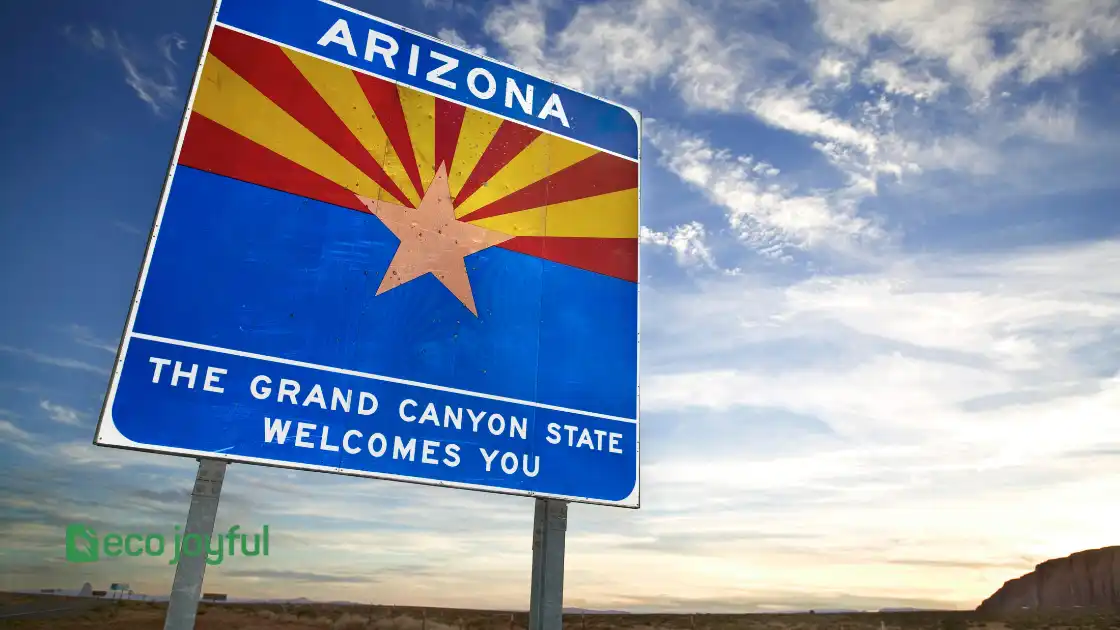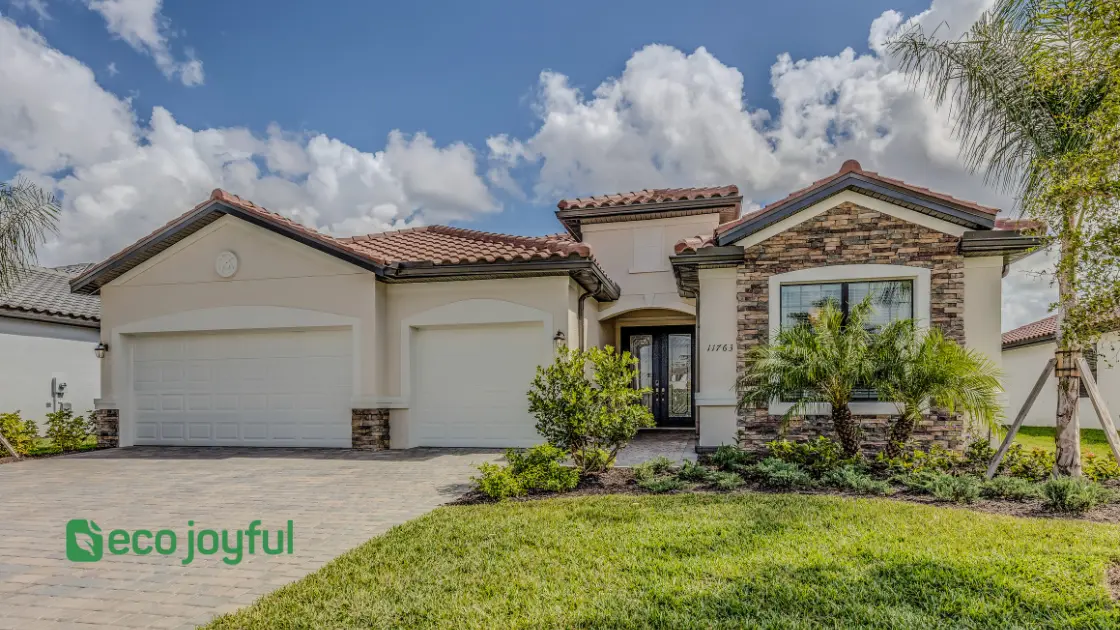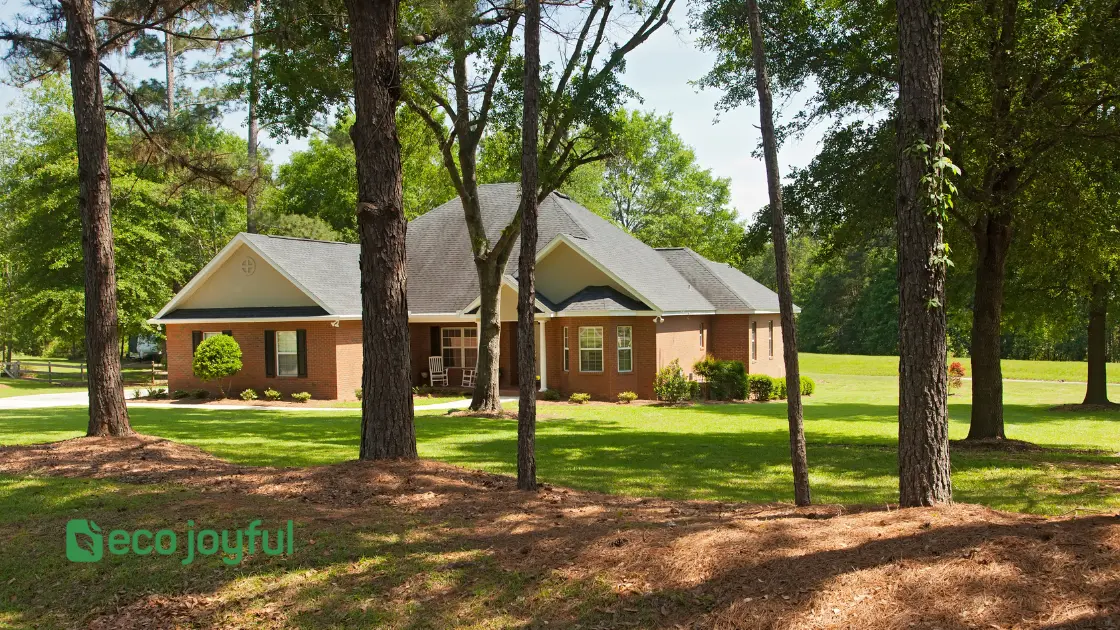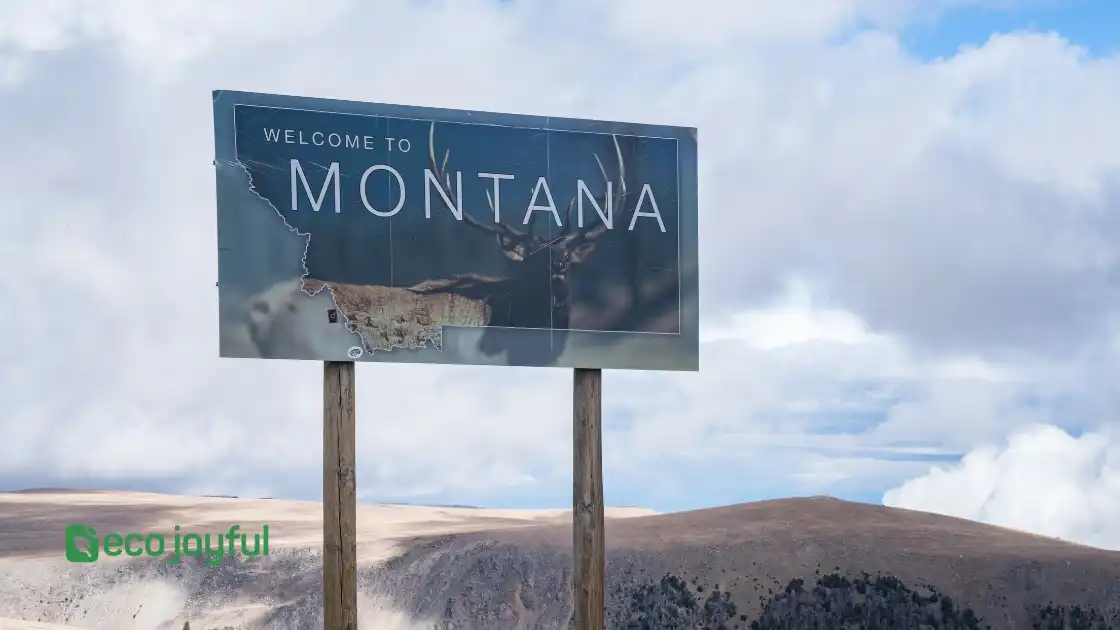Off-grid living in Arizona is a popular choice due to its abundant sunshine and vast desert landscapes. Experience self-sufficiency and sustainability in this thriving southwestern state.
Table of Contents
Off Grid Living in Arizona
Benefits Of Off grid Living In Arizona
Living off-grid in Arizona offers numerous advantages that go beyond the typical suburban or urban lifestyle. Here are some of the key benefits of embracing off-grid living:
1.1 Reduced Dependence On Utility Companies
Off-grid living in Arizona allows you to break free from the constraints and uncertainties of relying on utility companies.
Instead of being tied to the grid, you become self-sufficient by generating your power, collecting and purifying your water, and managing your waste effectively.
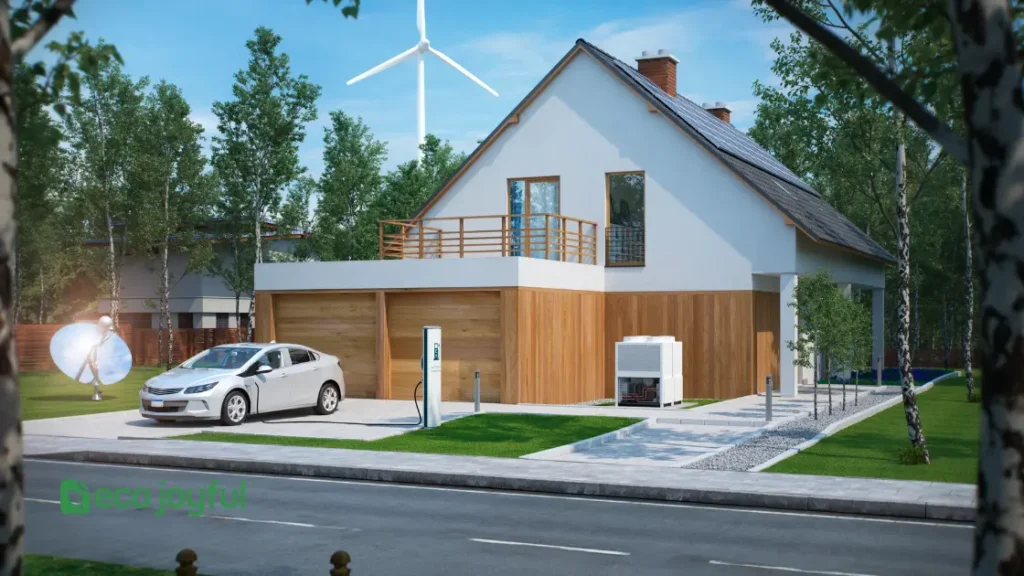
Whether you choose solar panels, wind turbines, or other renewable energy sources, you have the freedom to power your home sustainably and reliably.
By reducing your dependence on utility companies, you gain more control over your energy consumption and reduce your vulnerability to potential power outages.
1.2 Cost Savings On Electricity Bills
Off-grid living in Arizona presents a significant opportunity for substantial cost savings on electricity bills. By harnessing renewable energy sources, such as solar or wind power, you can substantially reduce or eliminate your electricity expenses.
While there may initially be an investment involved in setting up your off-grid system, the long-term savings are undeniable.
With proper planning and efficient energy management, you can enjoy the benefits of having a reduced financial burden and greater financial freedom.
1.3 Environmental Sustainability
Living off-grid in Arizona promotes environmental sustainability by minimizing your carbon footprint. By relying on renewable energy sources, you contribute to the preservation of natural resources and the reduction of greenhouse gas emissions.
Arizona’s abundant sunshine and wind resources make it an ideal location for off-grid living. Embracing an environmentally friendly lifestyle allows you to live in harmony with nature and play a part in mitigating the effects of climate change.
Additionally, off-grid living encourages responsible water usage and waste management, further safeguarding the environment for future generations.
Overall, the benefits of off-grid living in Arizona extend far beyond the initial investment and lifestyle adjustment.
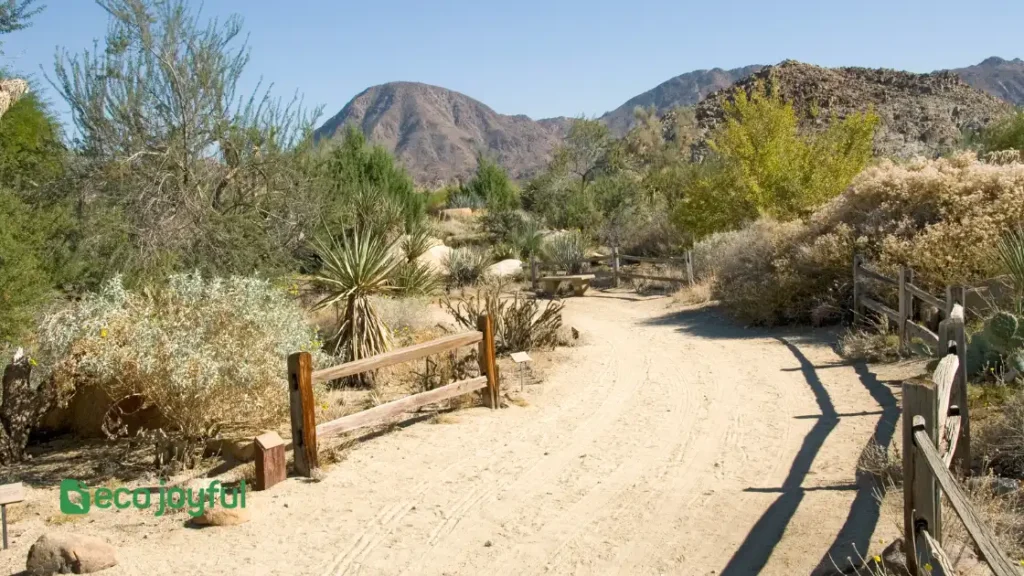
By reducing dependence on utility companies, saving on electricity bills, and prioritizing environmental sustainability, off-grid living offers a unique and rewarding lifestyle choice for those seeking self-sufficiency and a lighter ecological impact.
Challenges Of Off-grid Living In Arizona
Living off the grid in Arizona comes with its unique set of challenges. From limited access to amenities to water scarcity and extreme weather conditions, off-grid living requires careful planning and preparation. Let’s explore some of the challenges faced by those who choose to embrace this sustainable lifestyle.
2.1 Limited Access To Amenities
Living off the grid in Arizona means being away from the conveniences of modern amenities. Remote locations can present challenges when it comes to everyday necessities such as groceries, medical facilities, and even access to fuel.
While certain areas may have small local stores or markets, they may not always have a wide range of products and supplies.
As a result, off-gridders must plan and stock up on essentials to ensure they have everything they need for daily living.
2.2 Water Scarcity And Conservation
Arizona is known for its arid climate and water scarcity issues. Off-grid dwellers face unique challenges when it comes to meeting their water needs.
With limited access to municipal water sources, they often rely on alternative methods such as harvesting rainwater, installing wells, or utilizing water-saving techniques.
Conserving water becomes a top priority, and individuals must be mindful of their usage to ensure a sustainable supply throughout the year.
2.3 Extreme Weather Conditions
Living off the grid in Arizona means being exposed to the state’s extreme weather conditions. From scorching summers to freezing winters, off-gridders must prepare for these weather extremes.
This includes ensuring adequate insulation and ventilation to maintain a comfortable living environment, as well as taking steps to protect their homes and infrastructure from damage caused by high winds and monsoon rains.
Off-gridders in Arizona must be resilient and adaptable to thrive in these challenging weather conditions.
Tips For Successful Off-grid Living In Arizona
To achieve a successful off-grid lifestyle in Arizona, several key aspects need to be considered. From harnessing solar power and alternative energy sources to managing and conserving water, and even building and designing your own off-grid home, each element plays a crucial role in ensuring a sustainable and self-sufficient lifestyle. Let’s explore these tips further:
Solar Power And Alternative Energy Sources
One of the primary considerations when venturing into off-grid living is the utilization of solar power and alternative energy sources. Arizona boasts an abundance of sunlight throughout the year, making it an ideal location for solar energy harnessing. When setting up your solar power system, keep the following points in mind:
- Install solar panels at an optimal angle and direction to maximize sunlight absorption.
- Use a battery bank to store excess energy for use during nighttime or cloudy days.
- Consider investing in energy-efficient appliances and LED lighting to reduce overall energy consumption.
- Periodically check and maintain your solar power system to ensure its effectiveness and longevity.
Water Management And Conservation Strategies
In the arid climate of Arizona, water management and conservation become paramount for successful off-grid living. Implement the following strategies to optimize water usage and minimize waste:
- Collect rainwater by setting up rain barrels or cisterns to use for gardening, cleaning, and other non-potable needs.
- Install low-flow fixtures and water-saving devices to reduce water consumption throughout your off-grid home.
- Cultivate a water-wise landscape by selecting native plants that are adapted to the local climate, requiring less irrigation.
- Implement greywater systems to recycle and reuse wastewater from showers, sinks, and laundry for irrigation purposes.
Building And Designing An Off-grid Home
When it comes to building and designing your off-grid home in Arizona, the aim is to create an energy-efficient and sustainable living space. Consider the following tips:
- Opt for passive solar design principles by positioning your home to maximize natural light and heat during winter while shading it from the harsh sun in summer.
- Use eco-friendly and locally sourced building materials to reduce environmental impact.
- Ensure proper insulation and airtightness to minimize heat gain or loss, allowing for more efficient temperature control.
- Incorporate off-grid design elements such as composting toilets, alternative heating systems, and rainwater harvesting systems into your home’s blueprint.
By following these tips, you can navigate the challenges of off-grid living in Arizona while minimizing your environmental footprint and enjoying a sustainable and self-sufficient lifestyle.
Conclusion
Arizona offers a stunning backdrop for off-grid living, with its abundant sunshine and vast desert landscapes. Whether you’re seeking self-sustainability, a closer connection to nature, or simply a simpler way of life, this state has it all.
From building solar-powered homes to growing your food, the possibilities for off-grid living in Arizona are endless.
So, if you’re ready to embrace a more sustainable lifestyle, Arizona is calling your name. Start your off-grid journey and unlock the freedom that comes with living in harmony with nature.



